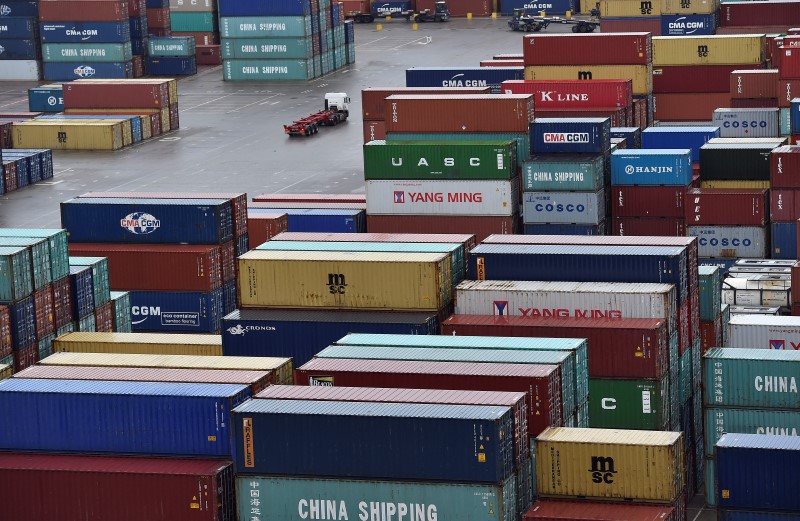By Jemima Kelly
LONDON (Reuters) - British manufacturers' confidence about the outlook for their businesses and the wider economy has fallen to its lowest in at least two years after Britain's vote to leave the European Union, an industry survey showed on Tuesday.
Few companies had seen an immediate impact from the June 23 vote, the EEF manufacturing trade body said in a one-off version of its quarterly survey to gauge members' post-Brexit feeling.
But 29 percent of firms expected domestic orders to fall over the next six months as the wider economy slowed. A net 12 percent expected a fall in EU orders and a similar proportion forecast a rise in non-EU sales.
Two separate measures of firms' confidence in their own performance and the wider economy both sank to their lowest since the survey started to ask this question in mid-2014.
A separate report released at the same time, from accountants PwC, said the Brexit vote was likely to lead to British economic growth slowing to 1.6 percent in 2016 and 0.6 percent in 2017 from 2.2 percent in 2015.
Bank of England Chief Economist Andrew Haldane said last week he detected no sense of "slash and burn" around company boardrooms, but a strong sense of "trim and singe". He said the economy could slow materially in the coming quarters, but did not see a crash.
The EEF survey showed 53 percent of firms saw the fall of sterling - 9 percent since the vote for Brexit on a trade-weighted basis
"The post-referendum drop in the value of sterling has been helpful to some manufacturers, but the overall impact is too nuanced for it to be glibly hailed as the hero of the piece," said EEF chief executive Terry Scuoler.
A separate education and skills survey, also published at the same time but carried out before the referendum, showed firms are anticipating a growing skills gap.
The survey, by the Confederation of British Industry and education company Pearson (LON:PSON), said the vote for Brexit "only heightens the urgency for action".

On Monday research from Deloitte showed British businesses plan to cut back and fewer shoppers are visiting stores following the vote to leave the EU, raising pressure on the BoE to cut interest rates and stimulate the economy.